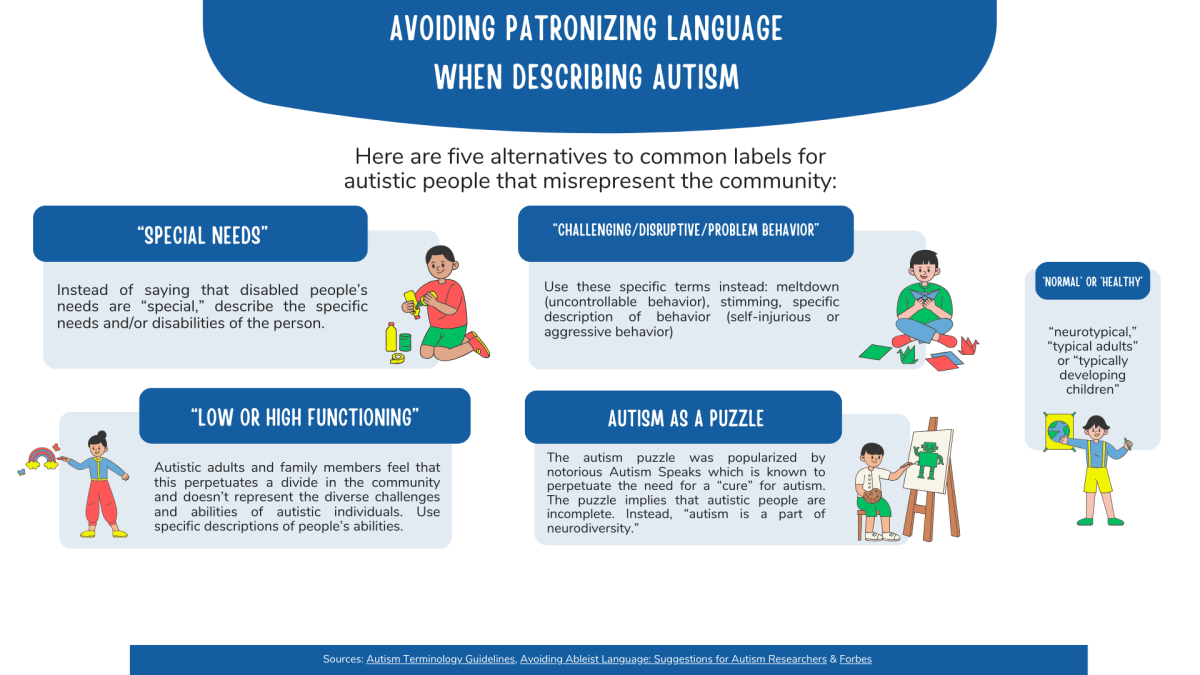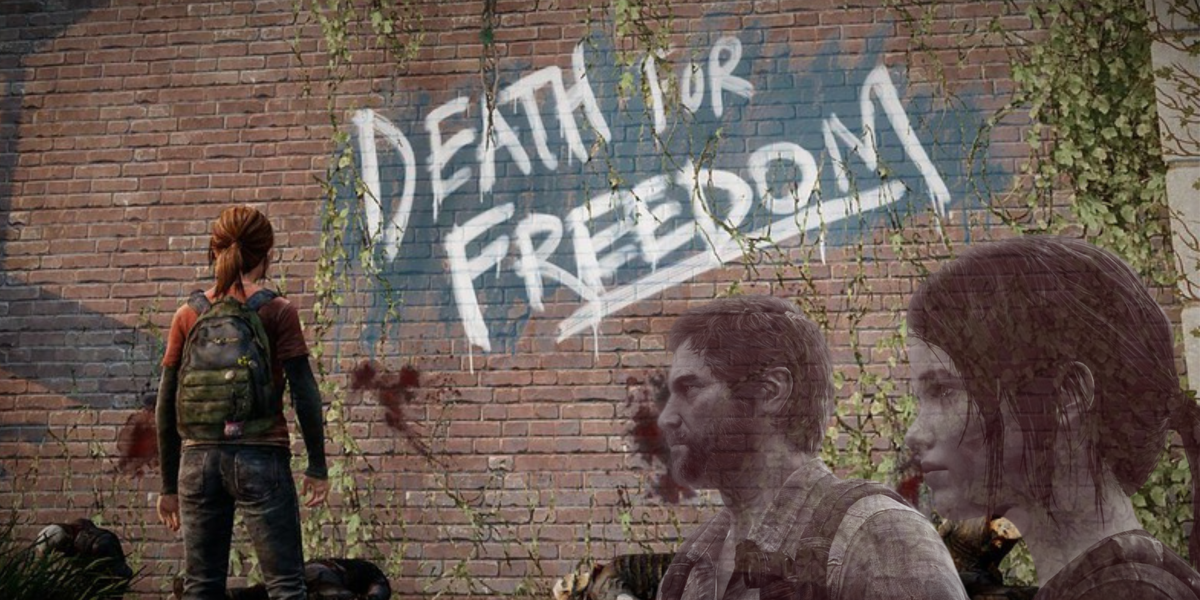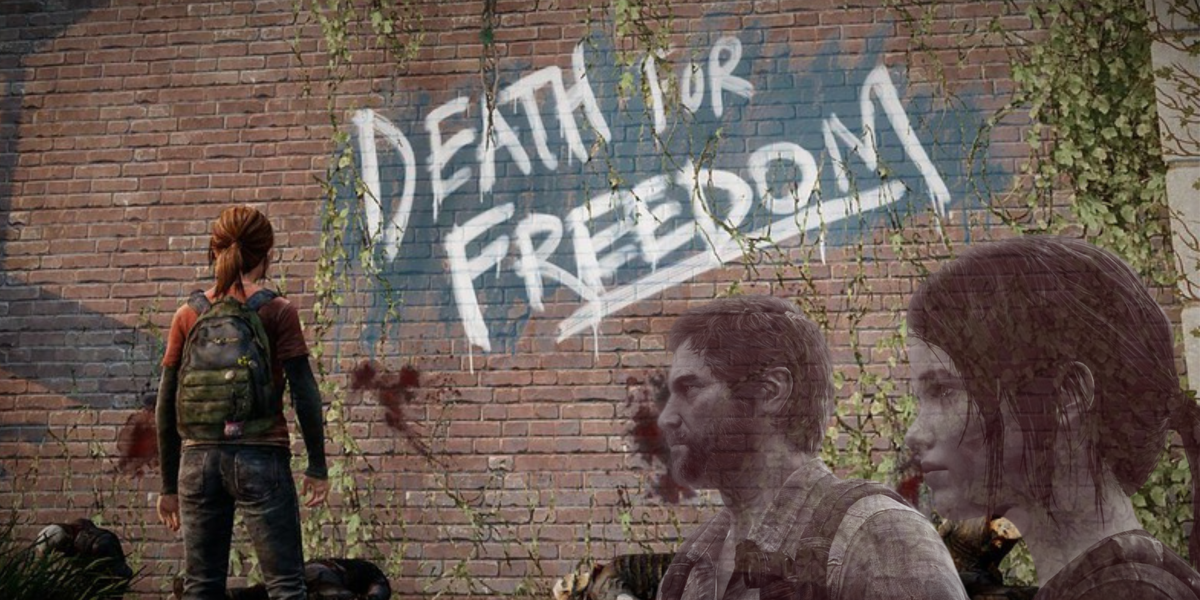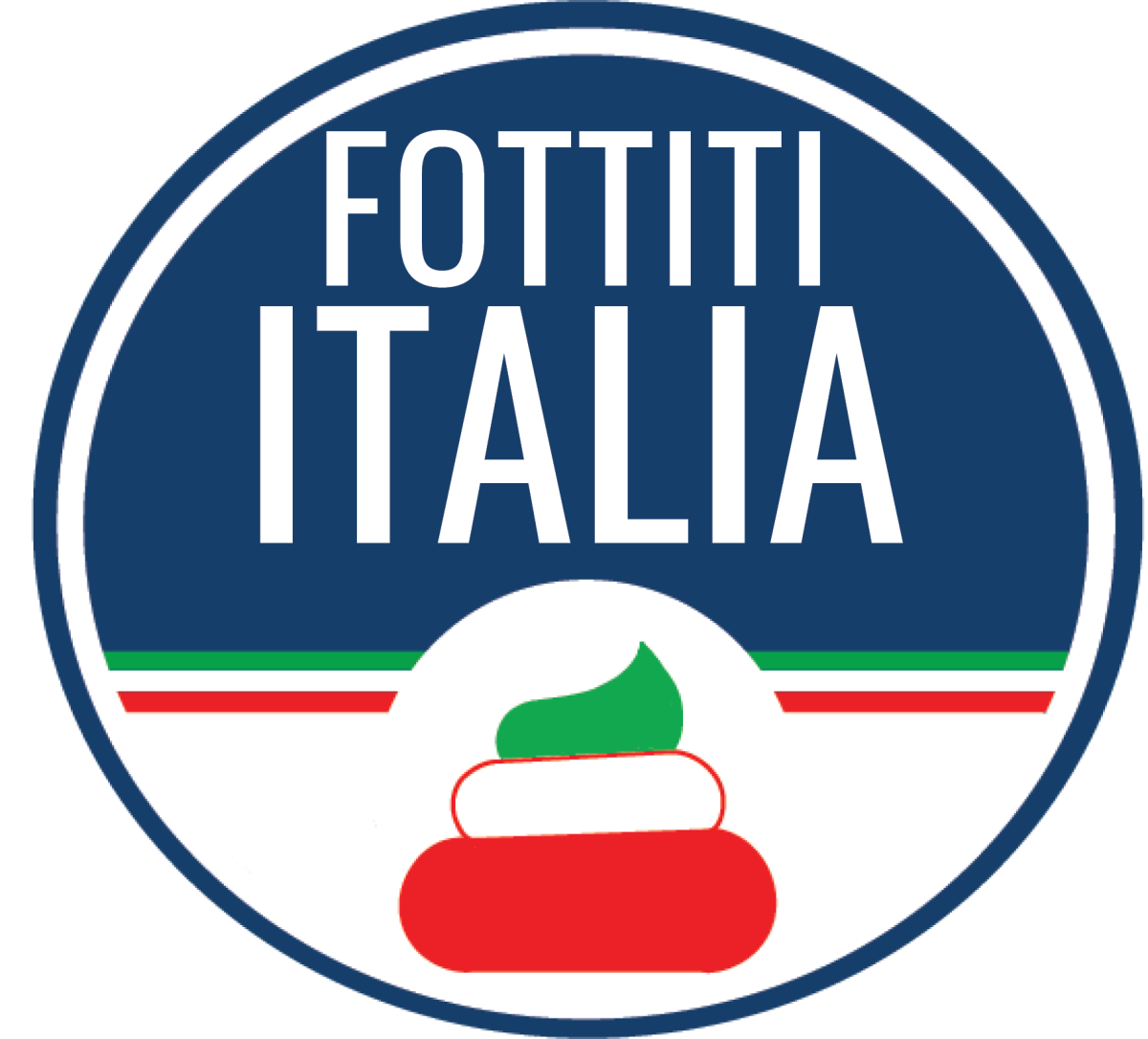The Italian elections that took place on Sept 25. are a turning point for the country.
I thought that Italian politics already reached its lowest point with those improbable alliances among right and left parties in support of a weak government.
Just as I thought that having people in the government who have been under investigation for mafia-like criminal associations was already awful, Italy surprised me once again
This awful period characterized by weak alliances and criminal politicians is over, but I am afraid that Italy is driving into a darker period.
It is true that we will finally have a stable and solid government, but the direction taken by Italy makes me uncomfortable.
Disappointingly, the presence of several different parties with similar visions but different goals, led Italians to choose a far-right wing party to guide Italy.
The far-right party, Fratelli d’Italia (Brothers of Italy,) won the elections with a significant advantage over the other parties, and its leader, Giorgia Meloni is currently most likely to become the first female Italian Premier in history, according to a Sept. 26 Washington Post article.
While the nationalist Meloni is progressing toward the role of “the Premier”, or Italian Prime Minister title, the shadow of fascism has begun to obscure Italy.
Italian people seem to not remember the awful period between 1922 and 1943 which was characterized by fascism.
It was a period where former Prime Minister Benito Mussolini needed to prove his power through racial laws and military campaigns.
Italians suffered during fascism, and they fought for the freedom of the country.
However, I am sure that many people still believe that “the Dux” has been an incredibly efficient politician, and the same people are those who wished for fascism to come back.
Unfortunately, these beliefs have been reflected in the recent election results.
Although about 64% of Italians, a historic low turnout, voted in the election, according to a Sept. 25 article by NPR, the results were clear: Italians have chosen nationalism.
This data just reflects the carelessness that Italians have toward the political life of their country.
It is extremely embarrassing.
Today the right to vote, which has been gained by people over the years, is just an “extra” for many people.
The people who voted had a clear preference.
Fratelli d’Italia (Brothers of Italy) obtained 26% of the vote, while the other two right parties, Lega Nord and Forza Italia, respectively obtained 9% and 8%, according to a Politico data marquee tool.
This advantage translates into a significant presence of the right wing in the Parliament.
More specifically, the right wing obtained 235 seats out of 400 in the Chamber of Deputy, and 112 seats out of 200 in the Senate of the Republic, according to the government website.
Italians chose the far-right wing, but more importantly, Italians chose Meloni.
Meloni’s ideals are related to the far-right wing, and her politics are strongly connected with ultra conservative values, according to a Sept. 26 article by The Guardian.
Meloni opposes gay adoptions in order to preserve the image of a pure and traditional family unit, and she often associates refugee arrivals with crime and prostitution, according to the same article.
In addition, a 1996 interview transmitted by the French television channel INA, featured a 19-year-old Giorgia Meloni talking about Benito Mussolini, the Italian fascist dictator.
“Mussolini has been a great politician,” said Meloni while defining the dictator as the best Italian politician of the past 50 years.
Many newspapers and media outlets have also associated Meloni to fascism, according to a Sept. 24 New York Times article.
However, she does not define herself as a fascist, she preferred to be compared to the British Conservative Party, according to an Aug. 10 Politico article.
It is clear that even if she tries to reject the “fascist labels” that newspapers attribute to her, Giorgia Meloni is a fascist.
Nothing less than this.
However, Italy rejects fascism, at least on paper.
“It shall be forbidden to reorganize, under any form whatsoever, the dissolved fascist party,” states the Italian Constitution under the XII title of the “Transitional and Final Provisions.”
This is one of the fundamental points presented in the Italian Constitution, remarking the rejection of a dictatorship which negatively characterized Italy for more than 20 years.
Italy was taking the distance from its past, and in some way, Italy was trying to forget about its dark days.
However, the Italian Constitution does not forbid a far-right party to sympathize with ultranationalist’s political groups.
Just as it does not forbid people from promoting their fascist ideology, disguising it behind a mask of nationalism.
Just as it does not forbid the same far-right party from using the tricolor flames as a logo, even though it was originally used as a symbol of the ultrantionalist parties that were born from the ashes of the original fascist party.
As an Italian person, I don’t like the political direction that Italy is taking, and I believe my country is taking a step back and returning to its past.
I am sure that there are people who are happy and confident about the election results.
I still wonder if they forgot what fascism did during the dictatorship, or if they have convinced themselves that Mussolini “also did a lot of good things for the country.”
Unfortunately, even in 2022, 79 years after the end of the fascist regime in Italy, there are still people who believe and support fascist ideologies.
Fascism has never been the solution to Italy’s problems.
If in 2022 a far-right party with an ultraconservative vision is capable of obtaining the parliamentary majority and consequent access to the government, then this far-right, ultranationalist and parafascist government is what Italy deserves.
Good luck Italy and good luck to democracy.






































